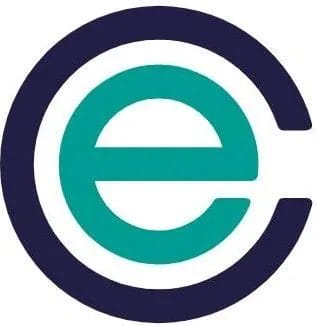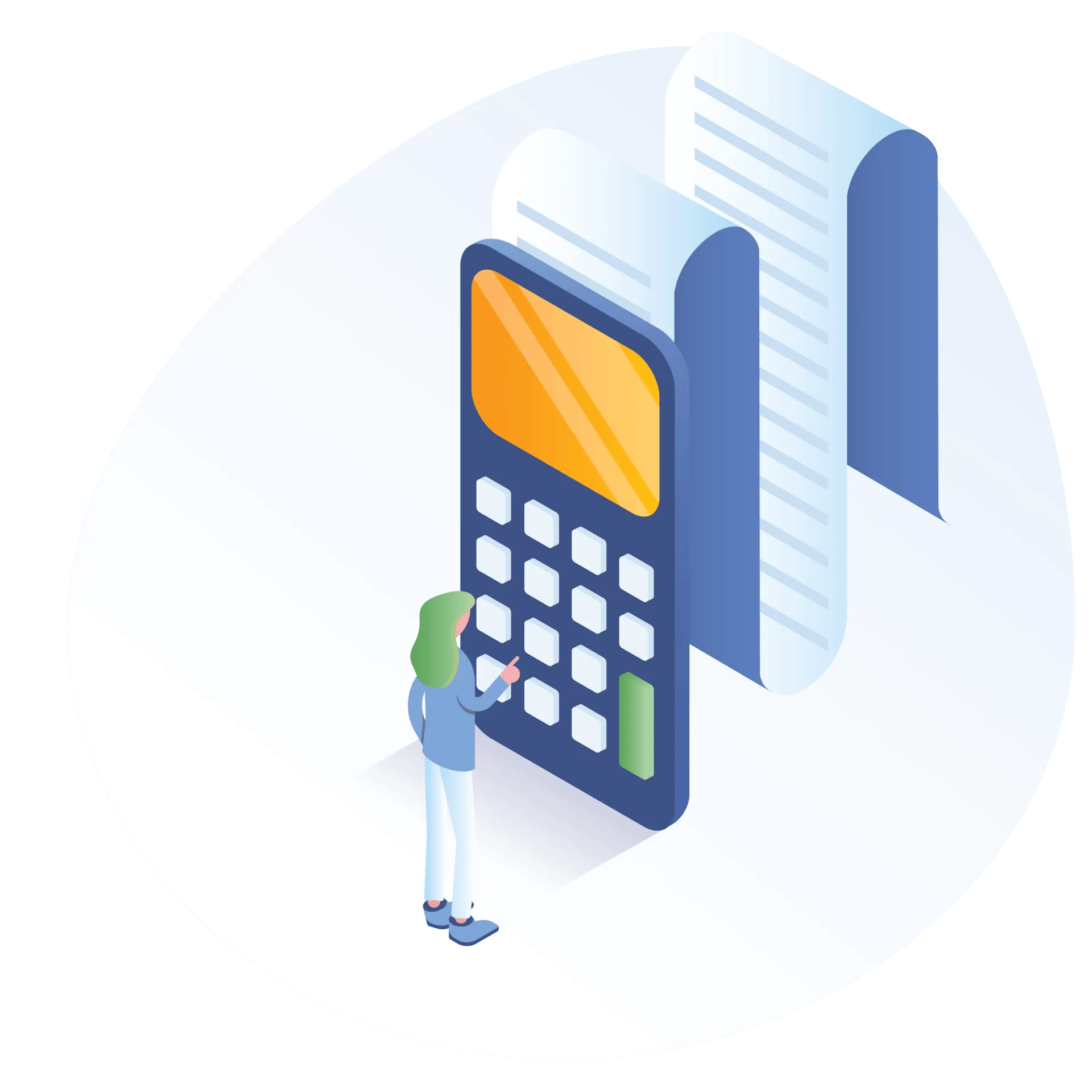
The short answer is no, expense management is not limited to large corporate entities, and here’s why.
So you’re a small business and you’re quietly growing. You are working hard to establish yourself and sell your product. You only have a certain number of hours in the day, and you want to make sure your time is spent doing the most important things. You want to make all the boring things like spreadsheets and banking to be as easy as possible, as your time is best spent with customers than doing admin. What can you do?
An easy change you can implement is using an expense management software. Small business expenses management is something that is usually left on the backburner, as something to improve when you have time. But the problem is, when will you find the time? With Capture Expense, our dedicated team will work with you one on one to comfortably set up your company on our system.
You don’t want to be wasting money where it could be better invested elsewhere. Thankfully Capture Expense is one of the most competitively priced pieces of expense management software out there. And whilst we keep our prices low, our dedication to you is second to none.
What makes us stand out is the quality of our software. We are certified by the official UK wide government certification, Cyber Essentials, ensuring we use the best practises to guard against common cyber security threats. We also use the most advanced Cloud infrastructure available through Microsoft Azure. Our investment in technology means our customers data is protected and they can have the best experience. And finally, we are registered with the Information Commissioners Office, which means we are contractually committed to delivering our services in compliance with the GDPR.
We also pride ourselves on our responsiveness to our feedback. If you need a certain feature that is specific to you and your company, we will work around the clock to deliver it to you. Just listen to one of our happy customers for proof:
“It is apparent how important it is to James and the team to improve Capture Expense continuously and so any feedback provided by us is taken on board and almost always implemented.” – Stacy Hemmens, Business Systems & Procedures Supervisor.
Another great feature unique to us is our use of Online Banking. What this basically means is you no longer have to worry about banks taking days to process transactions, as Open Banking streamlines the process, and with our partner Moneyhub’s Banking API, you can choose the bank of you choice within the app when expensing business credit cards easily.
Moving to automated expense management can be a little daunting, which is why one of our dedicated consultants will work with you from start to full implementation to get you where you need to be. We also provide full and unlimited support at no further cost throughout the entire lifetime of the product.
As you and your company grows with your new found time being put back into the work you want to do, you will find the number of user records increasing as you gain employees. Capture Expense offers a discounted model as your usage increases which ensures the cost continues to work for your business as you grow.
So what are you waiting for? Get in contact with us today to request a demo and see how good it is for yourself!



